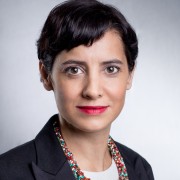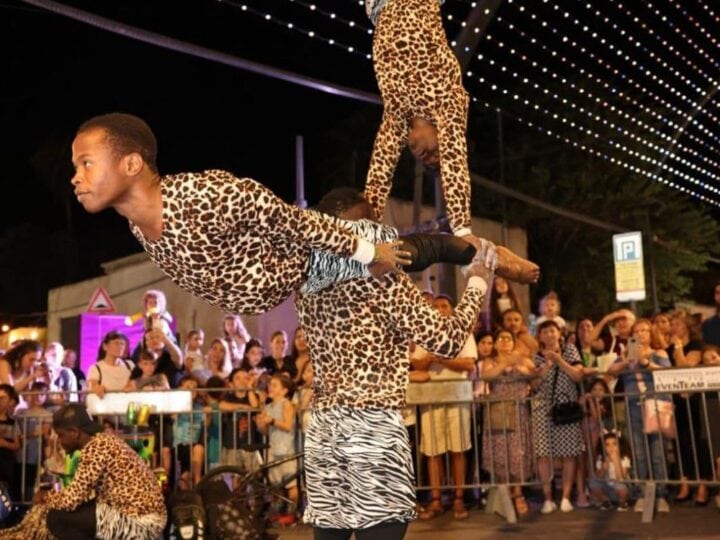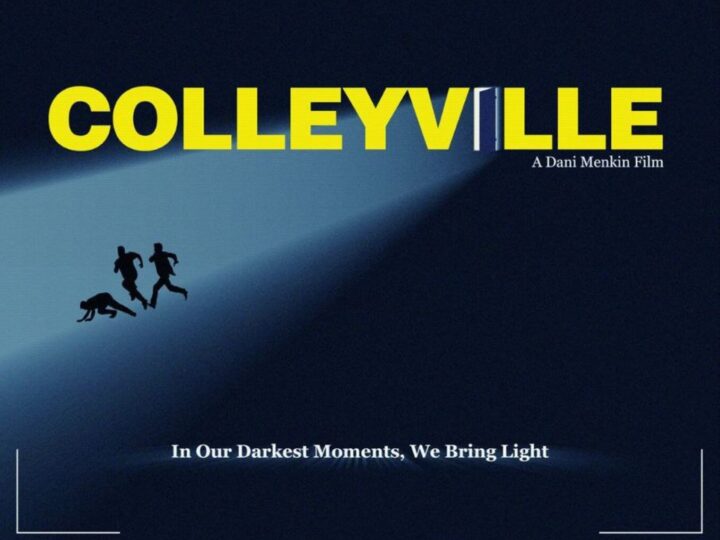Watching the news from my living room in Tel Aviv had me questioning if the dichotomy of cultures and societies being either individualistic or collectivist is still relevant.
We were taught that cultures can be divided into two opposing types: individualistic or collectivist, with societies leaning toward one or the other.
An individualistic culture is one in which everyone is expected to look after him/herself and his/her immediate family. In contrast, in a collectivist culture people from birth onwards are integrated into strong, cohesive groups.
Countries in Western Europe and the US are generally individualistic. In these countries, personal achievements and the individual’s rights are of primary importance.
Countries such as Guatemala, China, Japan and South Korea are at the other end of the spectrum. In these countries, unselfish behavior, the importance of the (extended) family, and cooperation are highly valued.
However, just because a culture is individualistic or collectivist does not eliminate the tension between the two values. This tension is derived from the human need to experience group belonging in conjunction with the need to feel like a differentiated individual.
This tension is basic to the human experience. Our self-definition consists not just of idiosyncratic attitudes, memories and behaviors that distinguish ourselves from others (our personal identities) but also collective attitudes, memories and behaviors drawn from the groups to which we belong (our social identities).
People’s identities are complex constructions of both their cultural world and their individual personality. In cultures that are clearly individualistic or collectivist, one value often comes at the expense of the other.
Interestingly enough, Israeli society is a blend of individualistic and collectivist cultures. Both values coexist without stepping on each other’s toes.
Thanks to this balance, the expression of individual differentiation and group belonging can take place simultaneously. This is done, for instance, by maximizing group-level distinctiveness – when people identify with groups that are strongly differentiated from the mainstream. Israel does not have a mainstream politically, religiously or culturally.
Political and religious affiliations are so diversified that the number of sub-groups is uncountable. For example, among the Jews of Israel, there are Orthodox, ultra-Orthodox, Reform, Conservative, secular, traditional and so on.
Paradoxically, because there are so many sub-groups, by expressing one’s loyalty to a certain collective, one is actually expressing his or her individuality.
All of us together
Take, for example, this modern Israeli song that preschoolers know by heart, “My Land of Israel” by Datya Ben-Dror:
My land of Israel is beautiful and blooming
Who built and who planted?
All of us together!
I built a house in the land of Israel
So we have a land
And we have a house in the land of Israel.
This symbolic and insightful song expresses a unique aspect of Israeli society: the positive tension that exists between the group and the individual. Throughout the song, different speakers present their personal contribution:
I planted a tree…
I paved a road…
I built a bridge.
Each of these lines is answered by a chorus of voices, which sings:
So we have a country,
we have a house,
we have a tree,
we have a road.
To the question “Who built and who planted?” the answer is: “All of us together!”
Group creativity and cooperation are in harmony with individual creativity and independence. This positive tension also fosters the creativity, innovation and resourcefulness we see in Israeli startups.
Where does the positive tension emanate from? I would argue that it comes from the diversity of Israel’s citizens.
Israel is one of the most diversified countries in the world. Its population consists primarily of immigrants from all over the world. In fact, in 2014, 25 percent of the Jewish-Israeli population was immigrants; 35% were children of immigrants; and another 40% were second generation (their grandparents were immigrants).
It is well documented that group diversity is a hothouse for creativity and innovation. On a national level, diversity has a tremendous, positive influence on a country’s culture and economy.
According to Forbes, 40% of Fortune 500 companies were founded by immigrants or their children. Mind you, these are no small companies. Apple, Google, AT&T, Budweiser, Colgate, eBay, General Electric, IBM and McDonalds, just to name a few, owe their origin to a founder who was either an immigrant or the child of an immigrant.
When group diversity becomes a national given, as it is in the US and Israel, it becomes one of that nation’s most valuable assets.
The connection between immigration and the creation of a diversified society is clear. But what is the connection between immigrants and entrepreneurship?
Almost by definition, immigrants are risk-takers and hard workers. They make the bold choice to leave their home countries to set off on their own. Upon arriving in a new land, immigrants find themselves in an environment that is unfamiliar physically and culturally. They must quickly learn to adapt.
Being a risk-taker, a hard worker and a fast learner are the foundations for good business people. Combine an immigrant population with a collectivist society that fosters individual creativity and you have the foundation for a startup nation.
Now, all you have to do is to keep these values strong, perhaps by teaching them to your children through song.
Inbal Arieli was a lieutenant in the elite IDF intelligence 8200 unit and later took leading roles in the Israeli high-tech sector. She is a senior advisor to Start-Up Nation Central and is currently co-CEO of Synthesis. Featured as one of the 100 Most Influential People in Israeli High-Tech, Inbal is working on an exploration of how Israeli culture breeds entrepreneurs from a young age. You can follow her on her blog or on Twitter, Facebook and Medium.

















